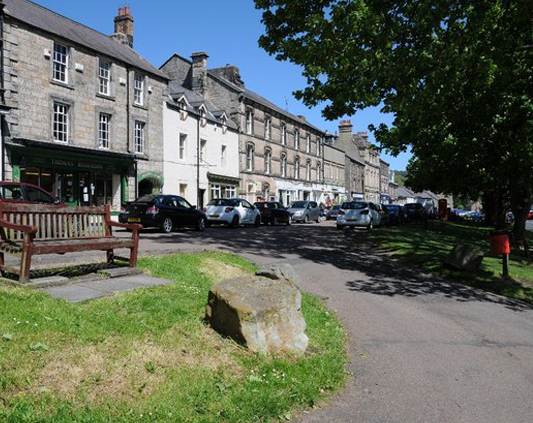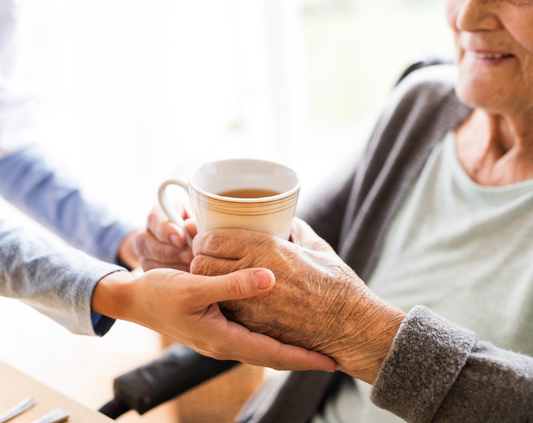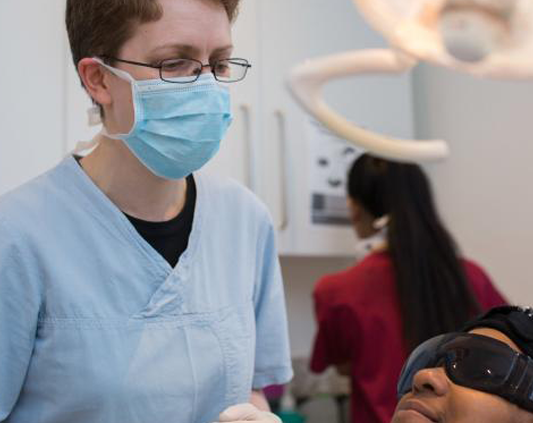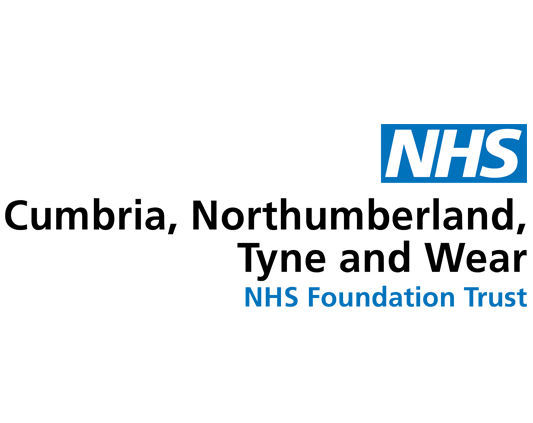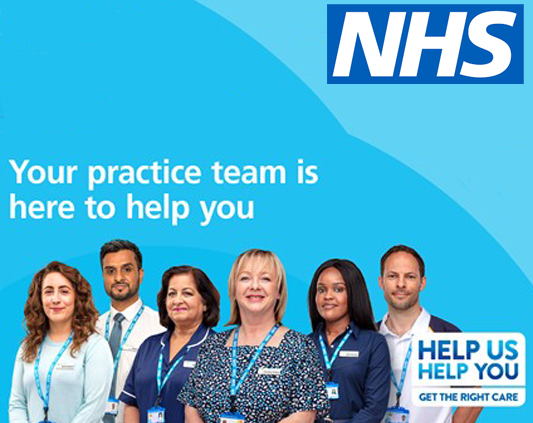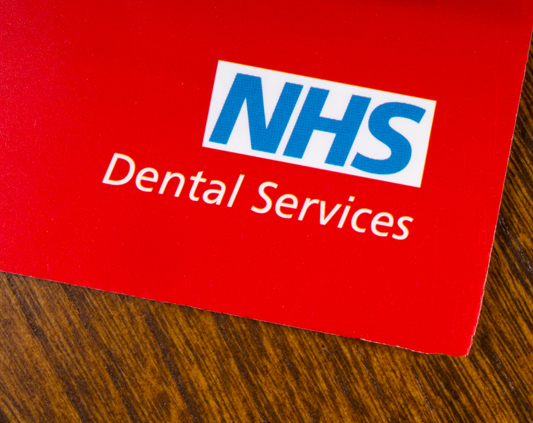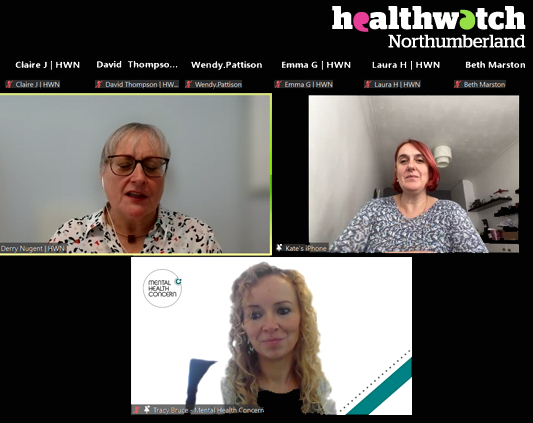A big thank you to everyone who came along to our AGM and Review of the Year 2021 on 4 November. Special thanks also go to Councillor Wendy Pattison for opening the event, and all at Northumberland Recovery College for their presentation and the taster sessions they provided.
If you missed the event you can view the recording (please note the taster sessions were not recorded).
The draft minutes, plus answers to the questions raised before and during the event can be found below.
Questions for Healthwatch Northumberland
Q: Are people leaving Healthwatch Northumberland for any particular reason?
A: Derry: I’m really happy to say people have left for positive reasons; our young volunteers have gone on to university but with an enhanced CV and other volunteers have gone into work. Our staff member Caroline now works at the Care Quality Commission and Lesley now works at the Clinical Commissioning Group. I feel that Healthwatch Northumberland has enriched those organisations.
Q: People are often concerned about waiting lists for treatment. What can Healthwatch do around this issue?
Q: Waiting lists are a worry. What is Healthwatch Northumberland going to do?
A: Derry: We will continue to monitor publicly available statistics around waiting times and how Covid-19 recovery addresses those and we will want public feedback about it. It is not something we are seeing coming through at the moment, but we will be monitoring it and once we have got that, we will be having conversations with the NHS.
Q: Regarding your ‘here to hear’ drop-in sessions, why did you choose those five places? Why haven’t you come to Alnwick?
A: Derry: We chose the locations for sessions where we felt we would get a good spread across the county and in places from where we sometimes do not hear enough. However, to make sure we are in the right places so we will give it six months in the current locations and assess if we need to change them.
Q: It would be helpful to have advice and support on how we can develop Patient Participation Groups for a network of practices and Integrated Care System.
Q: My Patient Participation Group stopped meeting due to Covid-19 and has not restarted. Given this is supposed to be a key part of feeding back what can we do about this?
A: Derry: The first thing we would say to people is to start a conversation within your practice, talk to the practice manager, find out what the plans and ambitions are and how it’s going to work. Now individual practices are part of larger Primary Care Networks, maybe some of that conversation could go on across the network. If you also want at some stage to speak with us we are happy to have that conversation.
The Clinical Commissioning Group would also love to hear from you as we are working together and they are really keen to pull together what is happening across the county. You can contact them through their website or contact Lesley Tweddell who would love to hear from you.
Q: It is difficult for people to actually see a doctor at the moment; particularly older people are struggling as may find the eConsult (online system) difficult to use. Can Healthwatch Northumberland provide support with this?
A: Derry: That is part of the conversation we need to have. If you look at the report we did called Click and Connect, that is part of what we are saying that all these different ways of getting in touch with primary care services are good but we need to make sure people know there is a choice and if people find eConsult difficult, let’s find out why. This is part of the conversation that needs to go on and is going on. We are working the Clinical Commissioning Group around hearing from people about GP access and this is a current piece of work.
Q: You mentioned closely working with other local Healthwatch teams. Will this mean any of the focus on Northumberland will be lost?
A: Derry: Absolutely not. Our work will always be and can only be Northumberland, but collaboration means you can do greater things and some of the neighbouring Healthwatch share services – Healthwatch North Tyneside share Northumbria Healthcare NHS Trust and all Tyne and Wear Healthwatch and Northumberland share CNTW NHS Trust (mental health) services so it makes sense that we work together, but our work will always be bringing the voice and experiences of Northumberland into those services.
Q: Last year Healthwatch Northumberland produced an excellent report – Audiology ‘Let’s Talk’, but maybe it and other reports from last year, ‘got lost’ due to Covid-19. Will it be possible to look at the impact of this and the other Healthwatch Northumberland reports?
A: Derry: That is an important issue for us to think about – how do we measure the impact of our work. The Healthwatch Northumberland Board has tasked the staff team to make sure the recommendations we are making in our reports are sensible and achievable, and when they are put to service providers that we get some feedback as to what has happened to them. This year we need to pick up on those recommendations and find out what has happened as a result.
Q: Most of the work you describe seems to be centred around primary care and social care. What work is being carried out with Northumbria Healthcare NHS Trust?
A: Derry: Quite a lot of it – the major piece of work we are working on with them at the moment is End of Life Care. If you look at our quarterly reports you’ll see our routine reporting and feedback and Northumbria Healthcare is figured in there. We have a very open and trusting relationship; we both know we can pick up the phone to each other if there is a problem.
Alan Richardson, Chair Northumbria Healthcare NHS Foundation Trust (in chat): Healthwatch Northumberland is a small but vital partner to Northumbria Healthcare in our service to the people of Northumberland. Their local knowledge is valuable and Derry and her team can carry the messages directly into our Trust through their regular meetings or more quickly if needed. The ICS offers new and interesting opportunities.
Q: My mam had real trouble getting her booster jab sorted through her GP – it took a lot of phone calls. What can Healthwatch Northumberland do?
A: Derry: Please get in touch with us and tell us more about the circumstances. We would want to share your mam’s experience (anonymously) with both the Clinical Commissioning Group and if necessary the practice. The Clinical Commissioning Group wants to hear about patient experiences of the programme to iron out problems and encourage people to take the vaccine.
Q: Given all the change that will be coming up with the Integrated Care System how will Healthwatch Northumberland maintain stability?
A: Derry: The plan for the Integrated Care System, including the new Care Act, says the new organisation has to work with Healthwatch. As said previously our focus will be Northumberland. Through our engagement and communications we will want to hear what is happening to local services so that we can give this information to the Integrated Care System and quickly spot where things are not going as well as intended or where they are better. The key is to share your experiences with us!
Q: Does Healthwatch England know about Northumberland? We are a large rural county a long way from London and it is important we are heard. Are we?
A: Derry: Yes. Anonymised information from all enquiries is shared with Healthwatch England where you give us consent. So they do know what issues you are raising with us and can see how this fits with what is happening in the rest of England. We also share all the reports we produce. This year we are very pleased to be talking at the Healthwatch England Conference about two areas of our work which have been highlighted as good practice.
Questions to Northumberland Recovery College
Q: Wondering about the 2022 Wellbeing Festival. Have you a venue yet?
A: Tracy: We are currently working with partners to look at a variety of locations. We are really spoilt for choice given how beautiful Northumberland is.
Q: Could you provide a little more detail about your co-production process?
A: Tracy: It’s about keeping it fluid. We will go along and speak to groups of residents to find out what they would like to see in their community, find out what’s important, a bit about the area and anything that’s been an issue in terms of wellbeing and look at what activities that group might want to put forward. We also have members of the community on our development group. Throughout we keep checking in to make sure the way we are delivering it is right.
Q: What were your thoughts around the Clinical Commissioning Group bringing together the Northumberland Recovery College?
A: Kate: About 18 months ago the Clinical Commissioning Group along with CNTW, the Mental Health and Disabilities Trust, other partners and Healthwatch Northumberland started to think about what would make the biggest difference in Northumberland – what had people said was missing from our commissioning portfolio. Luckily the Mental Health and Disabilities Trust gave us some money to consider a recovery college, enabling discussions with people with lived experience of mental health difficulties and with people who wanted to support organisations who could come together to form a recovery college. We listened to what people wanted and thought about diversity across large rural areas and urban towns and Mental Health Concern expressed an interest in delivering the recovery college. With Healthwatch Northumberland’s support we shaped up what our expectations would be and what ambition was for people of Northumberland.
Q: How does it differ from what we think of as mental health services, if people are not quite sure, why should we not feel nervous to come to Northumberland Recovery College?
A: Tracy: One of our strengths is that we are approachable, open and friendly and fortunate to have peer supporters – people with lived experience who know how difficult it can be to get through the door. So we can meet people outside, give people sense of what the place is like, who will be there.
Kate: This is not a medical model where people will be assessed and treated or prescribed medication, it’s a service where we build on community and neighbourhood assets to have opportunities to meet people that have similar experiences and try activities for the first time.
Q: How do you communicate with Community Psychiatric Nurses about the Northumberland Recovery College offer?
A: Tracy: We send out regular information to all of our partners but are really keen to come along to any team meeting to give an overview of the work we are doing and how to develop referral processes. Please do get in touch as we are keen to strengthen relationships and keep building as we go along.
Q: How long is this (recovery college) here for?
A: Kate: The service is funded recurrently so we have made commitment as a Clinical Commissioning Group. As we move into the Integrated Care System we are working in close partnership with CNTW – our Mental Health and Disabilities Trust who will be there throughout the change and are also committed to having a recovery college. The money is there and has been committed for the long-term future.
Q: What is the thing you are most proud of that you have achieved so far?
A: Tracy: The engagement we have done with communities. We have invested in that time and are so proud and humbled that communities are giving us the time to come along and find out what is important to them. And the team – there are so many committed and passionate people and we are privileged to have peer supporters with lived experience working so closely with us.
Healthwatch Northumberland AGM 2021 draft minutes

